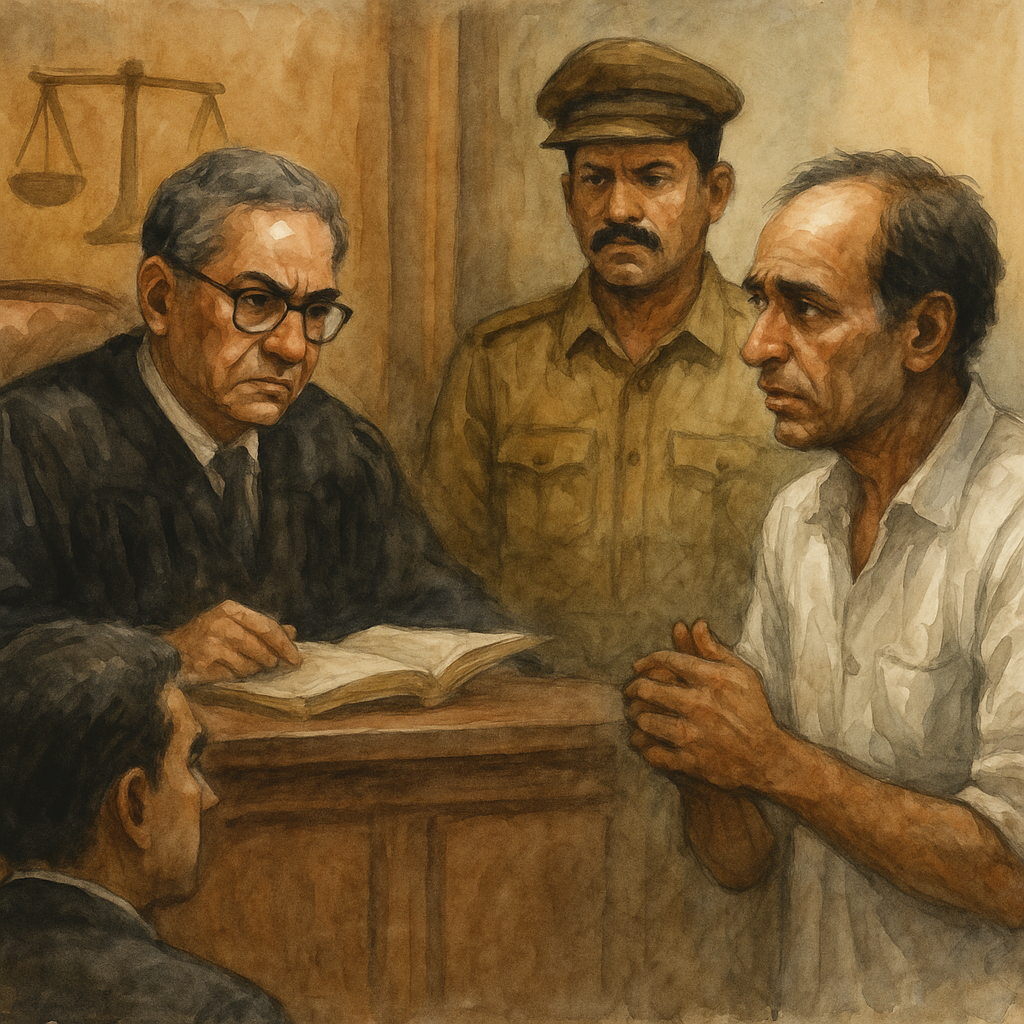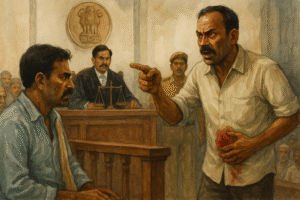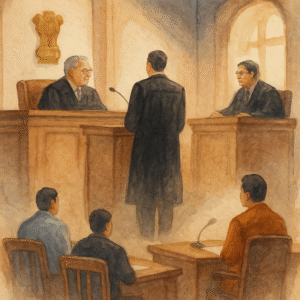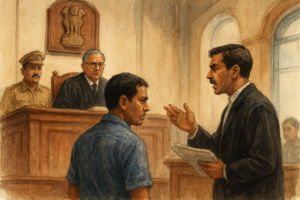Simplified Explanation of the Judgment
In a notable judgment dated 6 October 2020, the Patna High Court dismissed a writ petition filed by Income Tax Department officials challenging an order passed by the Income Tax Settlement Commission (ITSC) in 2008. The case involved applications made by certain taxpayers for the settlement of their pending income tax disputes under Chapter XIX-A of the Income Tax Act, 1961.
The petitioners (Income Tax officials) contended that the Settlement Commission had failed to properly examine records and investigate the matter before concluding the settlement. Their primary grievance was based on a sentence in the order that said it was “not practicable for the Commission to examine the records and investigate the cases for proper settlement.”
The Court, however, emphasized the legislative intent behind Chapter XIX-A: to allow for a fair and expeditious resolution of tax disputes. The Settlement Commission, an independent body with senior-most tax officers, was created to serve as an impartial decision-maker in such matters. It has broad powers, including seeking reports from tax authorities and even granting immunity from prosecution.
The High Court examined whether the statement in question undermined the fairness of the process. It found that the assessees had disclosed an additional income of over ₹97 lakh, which was nearly 100 times higher than the originally declared amount. The Revenue Department had been given the opportunity to participate, and no allegations of misconduct were made against the Commission members.
The Court concluded that the impugned sentence did not mean the Commission had failed in its duties. Rather, it indicated that all relevant records had already been examined, and further investigation was unnecessary. It further highlighted that the Revenue Department had not raised objections at the time the settlement was accepted, and had even accepted the amount without protest.
The Court also reminded the Revenue of its own policy of reducing litigation, especially in cases involving less than ₹2 crores. It held that reopening concluded matters after more than a year, based on a change in personnel or technical objections, was unjustified and contrary to the objective of promoting finality in tax disputes.
Significance or Implication of the Judgment
This judgment reinforces the integrity and purpose of the Income Tax Settlement Commission. It clarifies that the Commission’s decisions, once properly arrived at and accepted by all parties, cannot be casually reopened on technical grounds. The ruling encourages finality in tax dispute resolution and upholds the legislative aim of reducing prolonged litigation. For taxpayers, this judgment assures that fair disclosures and compliance during settlement proceedings will be respected and protected from future unwarranted challenges by authorities.
Legal Issue(s) Decided and the Court’s Decision
- Whether the Settlement Commission’s statement about not examining records invalidated its order?
- Decision: No. The Court held that the sentence reflected the sufficiency of records already examined, not a failure to investigate.
- Can Revenue reopen a settled case after a year based on a change of opinion or personnel?
- Decision: No. The Court held that settled matters should not be reopened merely due to technical objections or administrative changes.
- Was there any procedural lapse in accepting the settlement under Chapter XIX-A?
- Decision: No. The Court found the procedure had been followed, the Revenue had participated, and no objections were raised at the time.
Judgments Referred by Parties
- Ajmera Housing Corporation v. CIT, (2010) 8 SCC 739
- Union of India v. Star Television News Ltd., [2015] 373 ITR 528 (SC)
- CIT Central Jaipur v. M/s Anil Hastkala (P) Ltd. & Anr, (2010) 329 ITR 41
- CIT v. Hari Kishan Vijayvergia, (2011) 336 ITR 174
Judgments Relied Upon or Cited by Court
- Ritesh Tiwari & Anr v. State of UP & Ors, (2010) 10 SCC 677 — Emphasized that writ jurisdiction is discretionary and aimed at promoting justice.
- Multiple judgments reiterating that discretionary power should be exercised to prevent injustice and promote equity.
Case Title
The Commissioner of Income Tax (Central) & Ors. v. Income Tax Settlement Commission & Ors.
Case Number
CWJC No. 10663 of 2009
Citation(s)- 2021(1) PLJR 162
Coram and Names of Judges
Hon’ble the Chief Justice Sanjay Karol
Hon’ble Mr. Justice S. Kumar
Names of Advocates and who they appeared for
- Mrs. Archana Sinha, Advocate — for the petitioners (Income Tax Department)
- Mr. Ajay Kumar Rastogi and Mr. S.D. Sanjay, Senior Advocate — for the respondents (Taxpayers)
Link to Judgment
MTUjMTA2NjMjMjAwOSMxI04=-PBhvRJ1–am1–Qmk=
If you found this explanation helpful and wish to stay informed about how legal developments may affect your rights in Bihar, you may consider following Samvida Law Associates for more updates.







